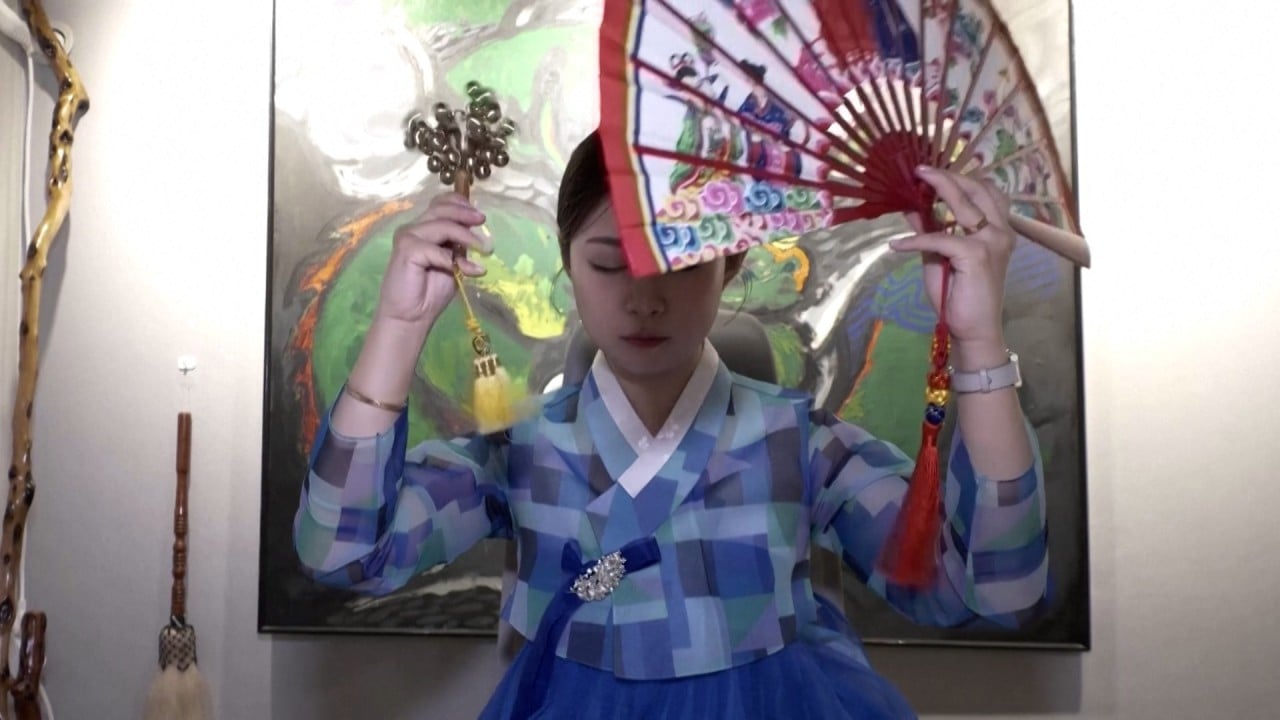When looking at a list of requirements for a part-time job in southern China, Shanghai woman Yu Yulin found one sentence in bold: “A preference for ENFP.”
The acronym refers to a personality type on a popular test, the MBTI, and indicates the person is extroverted, intuitive, spontaneous and trusts their own feelings.
“I happened to be an ENFP, so I applied for the job,” Yu said.
Yu said the interviewer told her the post required massive communication with different people, and “ENFP [types] can recharge through social interactions, as opposed to the introverted, who are exhausted after all these social activities”.
For Yu, the screening made sense but she concedes that was, in part, because she matched with the criteria and did not feel the pain of an introvert having to lie to stay in the running for the job.
In recent years the MBTI test, or the Myers-Briggs Type Indicator, has become popular among young people.
The test, a self-report questionnaire that claims to indicate differing personality types, produces 16 possible types that embody traits such as “introvert”, “intuitive” or “judging”.
The test was introduced by two Americans in a book in 1944. Over the years, critics have dismissed it as not having any scientific basis and being, basically, in the same league as a horoscope.
However, there are many who follow it as gospel, using it as a framework for building relationships or to screen people for certain roles.
The popularity of the tests may have become a problem in today’s China, according to a new study published in the July issue of the China Youth Study, a monthly official magazine that discusses issues that young people face.
The study, titled, “Introverted or extroverted? An analysis and reflection of the MBTI phenomenon”, called for young people to not consider the test the only way to get to know others, and for companies to avoid using it as a deciding factor when recruiting.
Researchers of the study said that while the test might have some psychological basis, some young people were blindly believing it, almost like a superstition.
“The test itself is limited. It assigns binary values to people’s personalities – people are either introvert or extroverts – and that doesn’t match the real world’s complex situations,” they wrote.
Scientists have offered an explanation into why people feel drawn to MBTI.
“Even though it’s labelled as ‘scientific’, it’s actually no different than reading your horoscope or blood type,” Chen Zhengxin, a psychiatrist at the Zhejiang Litongde Hospital, told Zhejiang Daily.
“It uses the Barnum effect – gives vague explanations. When you find that one or two descriptions suit you, you will subconsciously think all descriptions are perfect for you, even though there’s usually no connection between the different descriptions.”
But the criticism does not stop young people being obsessed. On popular social media platforms such as Xiaohongshu, posts that discuss MBTI are liked by hundreds of thousands of users.
Some posts even take it a step further, applying these personality types to different scenarios in the workplace and relationships.
“Which MBTI gets dumb after falling in love?” one post asked, declaring that the INFJ – people who are introverted, intuitive, trust their feelings and judgment – become smarter in relationships and learn from them, while the ISFP cannot forget their exes.
“This reflects that young people yearn to get to know themselves, as well as seek a sense of belonging and recognition,” the Chinese study said. “Meanwhile, there’s the objective need for them to release negative emotions and pressure.”
However, it is an entirely different matter for companies to use these tests to screen out possible candidates.
According to China’s labour laws, everyone enjoys equal rights to employment and companies cannot set obstacles to restrict candidates, unless they can prove that the tests are relevant to the requirements of the job in some way, lawyer Wang Yuqi told Workers’ Daily.
Furthermore, the tests used by many companies might not be accurate, Yu said. While in college, she had taken a course on organisational behaviour, where she had gone through two hours of psychological evaluations and analysis.
“But the tests on free websites nowadays don’t offer questionnaires that are as complex and complete, so I don’t trust unprofessional MBTI test results,” she said.
It was almost guaranteed the tests were not 100 per cent accurate, even if they were useful, Zhong Lianghong, a Hunan-based psychologist, said.
“Any sort of test can only serve as a reference, right?” Zhong said.




